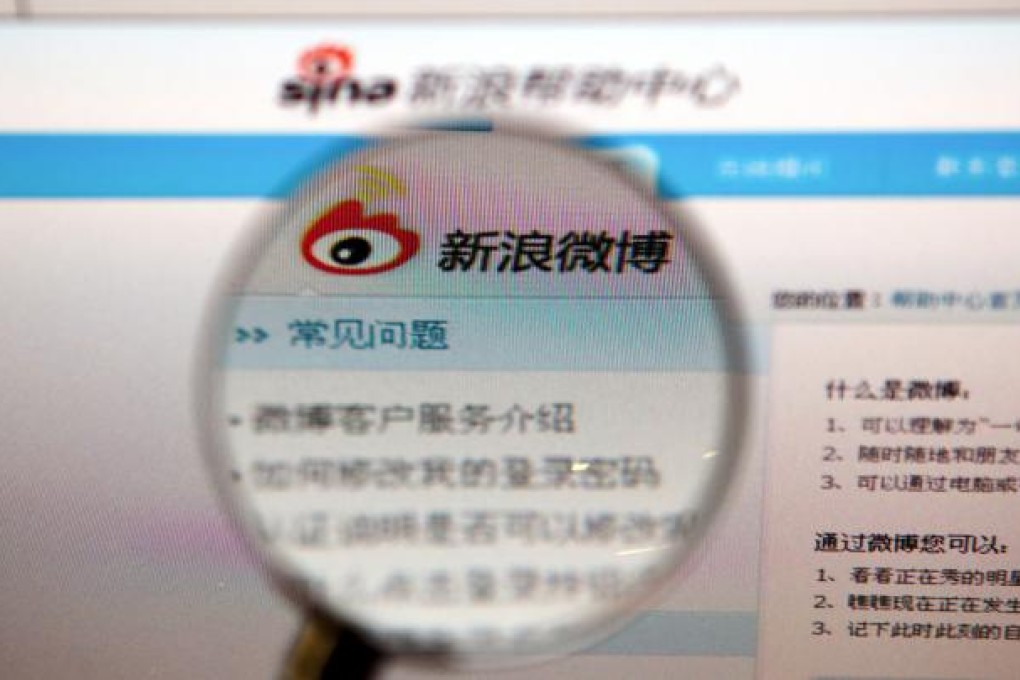Trial over 1967 killing of doctor sparks netizen debate on Cultural Revolution
A Zhejiang man in his 80s was tried at his home on Monday for allegedly killing a doctor in 1967 during the Cultural Revolution, the state-run China News Service reported on Tuesday. The man, identified by his last name as Qiu, was accused of killing a doctor surnamed Hong, who was suspected of spying for a rival militia group.

A Zhejiang man in his 80s was tried at his home on Monday for allegedly killing a doctor in 1967 during the Cultural Revolution, the state-run China News Service reported on Tuesday.
The man, identified by his last name as Qiu, was accused of killing a doctor surnamed Hong, who was suspected of spying for a rival militia group.
Qiu told the mobile court in Ruian , Zhejiang, that he was ordered by members of a civilian militia group in 1967 to execute Hong, the news agency said in a short story.
Qiu strangled Hong with a piece of rope and chopped off his legs with a shovel before burying him, the report said.
Qiu was arrested in July last year after being on the run "for decades", the report added.